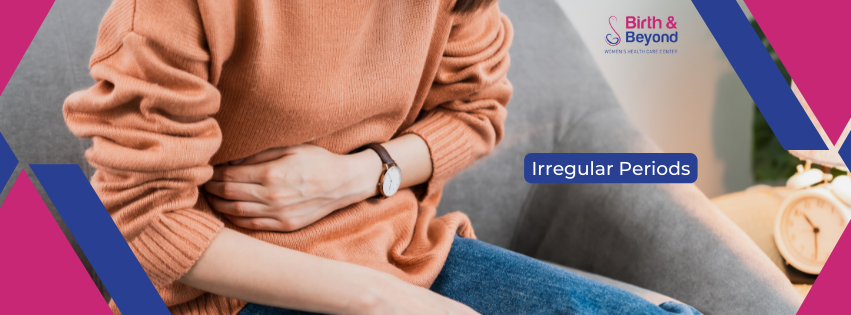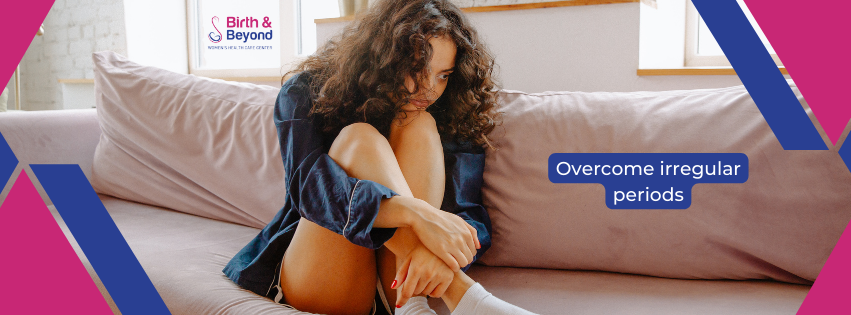Gynecologist HSR Layout | Dr. Sunita Pawar

It’s common for a young teen or preteen girls to experience irregular periods. Menstruation can be influenced by a variety of factors, such as the start of puberty, growth spurts, and others. A woman typically has her period every 24 to 38 days, that usually lasts between two to eight days.
It’s observed that young woman between 15-35 years of age experience irregular periods. Most girls begin menstruating between the ages of 10 and 15, though some do so earlier or later. It can take a girl up to two years after her first period for a consistent, regular cycle to form. The regular cycle of the period can be varied due to variations in the levels of the hormone’s progesterone and oestrogen in a women’s body. Young girls going through puberty and women nearing menopause frequently experience irregular periods due of this factor.
Causes of irregular periods:
- Stress
- Exercise, Dieting and Weight Fluctuations
- Hormonal Birth Control
- PCOS, Thyroid, Fibroids, pelvic inflammatory disease, Endometriosis, etc
- Certain Medications
Signs of Irregular periods
- If periods cycle occurs less than 21 days or more than 35 days apart it’s considered to be irregular
- Periods lasting longer than seven days
- Regularly missing three or more periods
- Variations in menstrual flow, it could be either much heavier or lighter
- Periods causing severe pain, cramping, nausea, or vomiting
Irregular periods are diagnosed by keeping a track record of when the period cycle starts and ends, the amount of flow, passing of significant amount of blood clots etc. An ultrasound of the lower abdomen and a pelvic exam are used to diagnose menstrual problems. Blood tests are also recommended by our Gynecologist HSR Layout in order to monitor a woman’s hormone levels.
Based on the symptoms displayed, irregular periods are treated. Home remedies may be sufficient to provide relief for a woman with minor symptoms. Period pain can sometimes be managed with just a painkiller and a heating pad. It is best to consult an OB/GYN when a woman experiences intense pain, bleeding, or severe irregularity during her period. To control excessive bleeding, light periods, and irregular periods, doctors may prescribe medications. Women who have fibroids or polyps may need to have them surgically removed.

Lifestyle modifications to overcome irregular periods:
- By working out regularly and consuming wholesome foods, try to maintain a healthy lifestyle.
- Avoid following diets that strictly restricts food and calorie intake
- Ensure good 7-8 hours of sleep
- Use relaxation and stress-reduction techniques
- Follow the directions on birth control pills or other contraceptive methods
- To prevent toxic shock syndrome and infections, tampons, or sanitary napkins to be replaced every four to six hours
- Visit a doctor for routine examinations.
